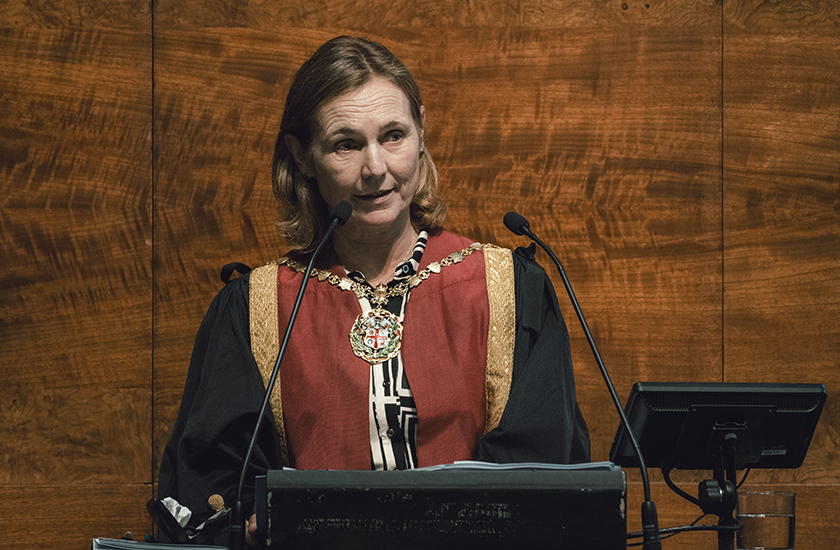-
-
- Standards Committee
- Advancement of the Professions Committee
- Audit and Risk Committee
- Education Committee
- Disciplinary Committee
- Charter Case Committee
- Preliminary Investigation Committee and Disciplinary Committee Liaison Committee
- Registration Committee
- Preliminary Investigation Committee
- Paper classification: some definitions
-
-
-
-
- About extra-mural studies (EMS)
- EMS requirements
- Information for vet students
- Information for EMS providers
- Information for vet schools
- Temporary EMS requirements
- Practice by students - regulations
- Health and safety on EMS placements
- EMS contacts and further guidance
- Extra-mural studies fit for the future
-
-
- Code of Professional Conduct for Veterinary Surgeons
- Code of Professional Conduct for Veterinary Nurses
- Contact the Advice Team
- XL Bully dog ban
- 'Under care' - guidance
- Advice on Schedule 3
- Controlled Drugs Guidance – A to Z
- Dealing with Difficult Situations webinar recordings
- FAQs – Common medicines pitfalls
- FAQs – Routine veterinary practice and clinical veterinary research
- FAQs – Advertising of practice names
- GDPR – RCVS information and Q&As
-
- Accrediting veterinary degrees
- Accrediting veterinary nursing qualifications
- Reasonable adjustments for student vets
- Health and disability in veterinary medicine study and practice
- The role of the veterinary schools and the RCVS
- Reasonable adjustments and the Equality Act 2010
- Reasonable adjustments and Day One Competences
- Examples of reasonable adjustments for vet students
- Annex
- Reasonable adjustments for student vets - summary
- Reasonable adjustments for student veterinary nurses
- Health and disability in veterinary nurse education and training
- Reasonable adjustments for students and the UK disability discrimination legislation
- Educational assessment of veterinary nurses
- Roles of key stakeholders in the application of reasonable adjustments
- Examples of reasonable adjustments for vet nurse students
- Embracing reasonable adjustments for student vet nurses - summary
- External review of the RCVS by ENQA
- Requirements for remote and online student assessments
Royal College 2024: Address from Linda Belton, incoming RCVS President 2024-25
 And now, as I take up the role of RCVS President, I would just like to share a few thoughts with you all.
And now, as I take up the role of RCVS President, I would just like to share a few thoughts with you all.
A Royal College and a regulator – it’s a challenge but this combined role is also an opportunity for us.
In the time I’ve served the RCVS, I’ve definitely learnt some of what it takes to fulfil these roles under the remit of both the Veterinary Surgeons Act and our Royal Charter; to think not just from personal perspective and experience, and also to try to look beyond the needs of the profession today and consider what tomorrow might bring.
Vets are not just one thing. The roles we fill in our working lives are many and varied, and I would argue that the MRCVS is the best placed arbiter of animal health and welfare. As such, keeping the MRCVS at the heart of decision making around how veterinary care and services are provided is essential both to safeguard animal health and welfare and also to retain public trust in our work.
Cultivating trust is a big part of what many of us do, day in and day out – trust in us from within our teams, from our clients and perhaps even from our patients – although I have to admit that there are more than one or two of my patients who cast a wary eye when I arrive.
The RCVS with its two hats does a tough job for both the professions and the public. In many cases, the interests of the professions and the public align and there is no conflict. Of course, as a regulator where the interests don’t align, the RCVS regulates in the wider public interest and this, too, is a positive for us as a profession.
Working in a regulated environment is a strength for us. The landscape in which we work has changed and the regulatory environment needs to change too. Now we are the other side of the general election, work can continue on legislative reform seeking parliamentary time for a new Veterinary Surgeons Act.
Change has been rapid in recent years and the pace of change globally has increased decade on decade. The gap between the first and second industrial revolutions was a century, between the second and third it was 40-50 years. Are we now, 25 years later, at the junction of the third and fourth as AI increasingly impacts our lives and possibly in ways we are not fully aware of?
Managing and navigating change is hard – individual mindsets vary – we are all human after all. Change should perhaps be viewed as another of life’s certainties. Where trust is strong, change can be bold and beneficial.
So much of the College’s work goes into supporting us to fulfil our responsibilities, as opposed to just disciplining us if we fall short, and to ensuring that our responsibilities are those that the profession should hold for the benefit of animal health and welfare.
Cultivating that trust and mutual support between all stakeholders will help us to navigate the societal changes that are impacting us, and capitalise on opportunities to work differently in ways that enhance our work in all spheres and allows the professions to thrive.
This is a two-way conversation requiring many perspectives, evaluation of many options, much information gathering and extensive consultation – please be part of it.
Thank you.
Please note: live delivery may have differed from the text above.
July 2024